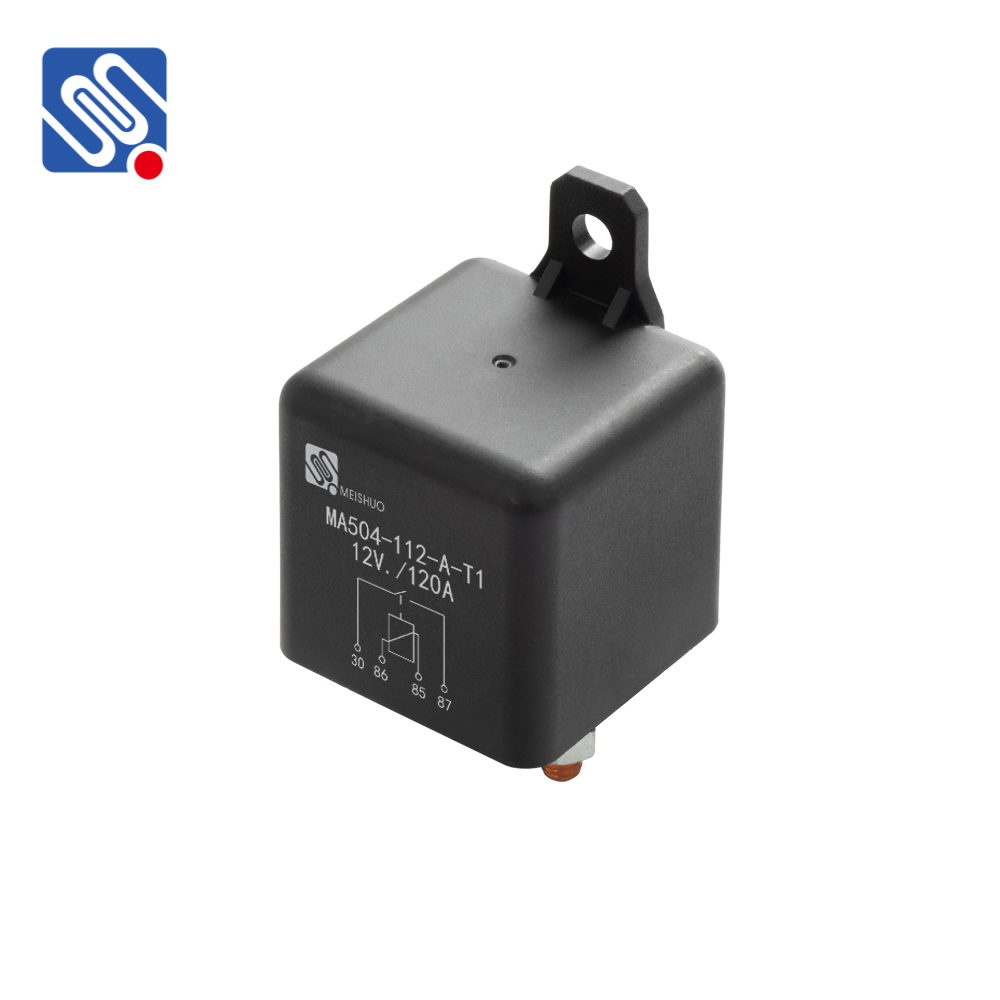Relay isolation plays a crucial role in electrical systems by ensuring that different parts of a circuit or system remain electrically separated from each other. This separation is vital for protecting sensitive components, preventing damage, and maintaining the overall safety and functionality of the system. In this article, we will explore the concept of relay isolation, its significance, and its applications in various fields.

What is Relay Isolation? Relay isolation refers to the electrical separation achieved using a relay in an electrical circuit. A relay is an electromechanical switch that allows a low-power electrical signal to control the flow of a higher-power circuit. When the relay is activated, it opens or closes contacts that either connect or disconnect the power supply to the controlled circuit. This mechanism provides a physical barrier, isolating the control circuit from the high-power or potentially hazardous circuit. The Role of Relay Isolation The primary role of relay isolation is to protect electrical systems from interference, damage, or failure caused by short circuits, overloads, or voltage spikes. By isolating circuits, relays act as buffers that ensure control signals do not interact directly with the operational components, which can be sensitive to fluctuations.